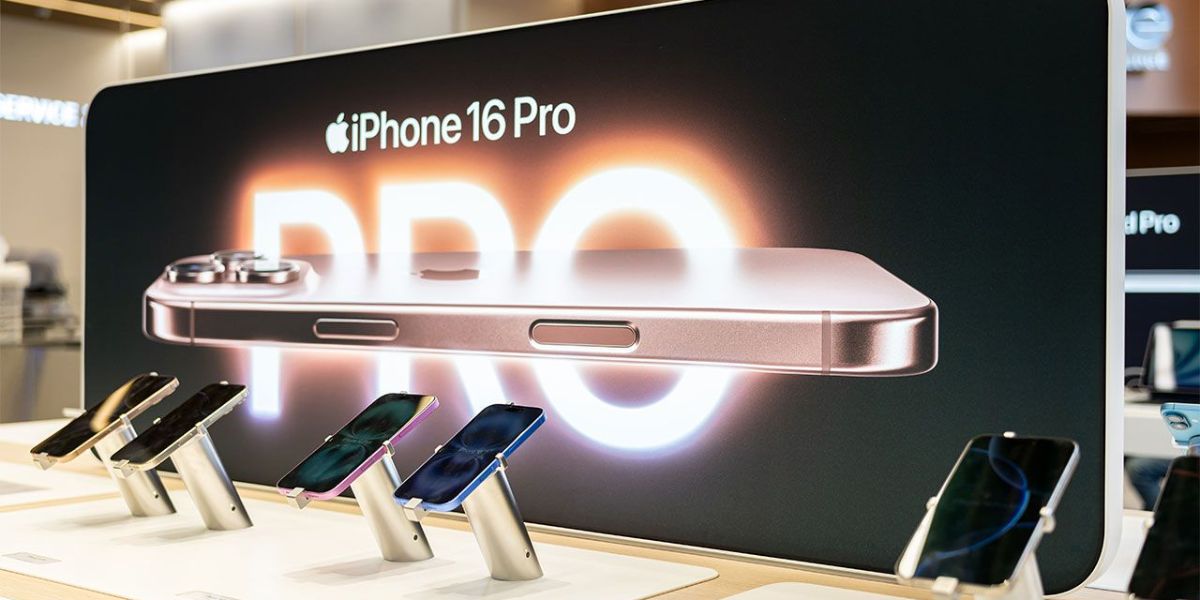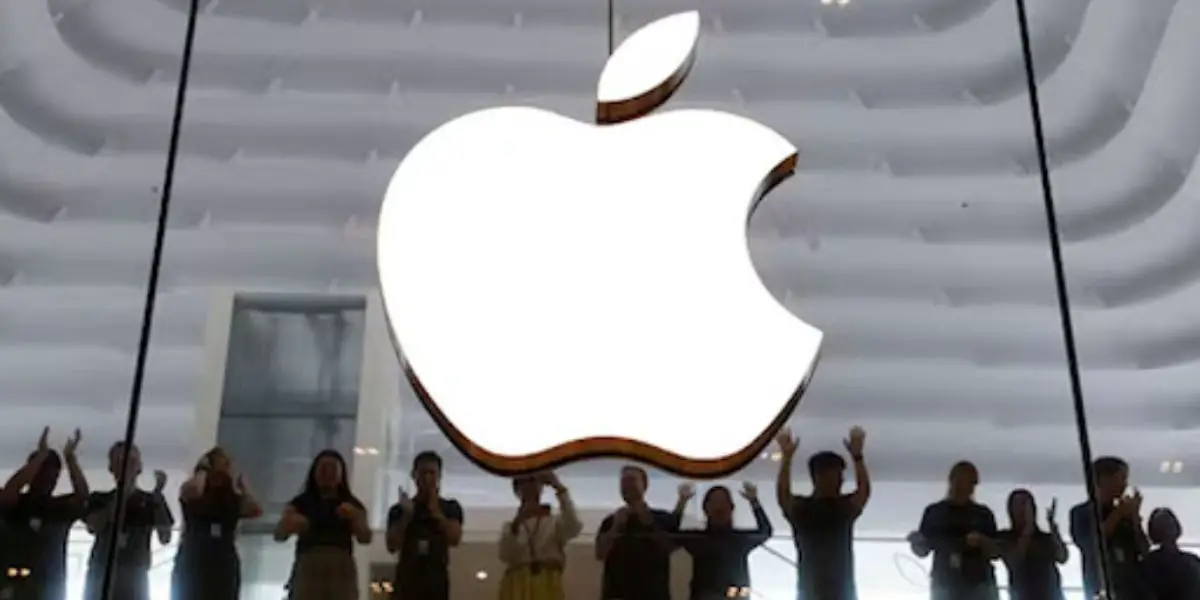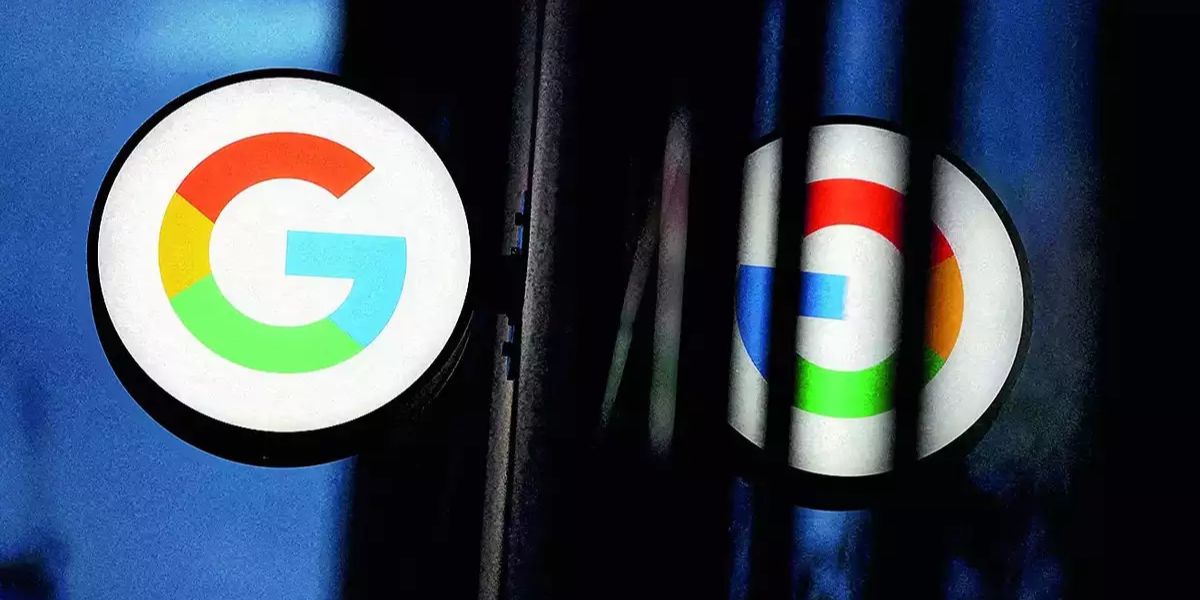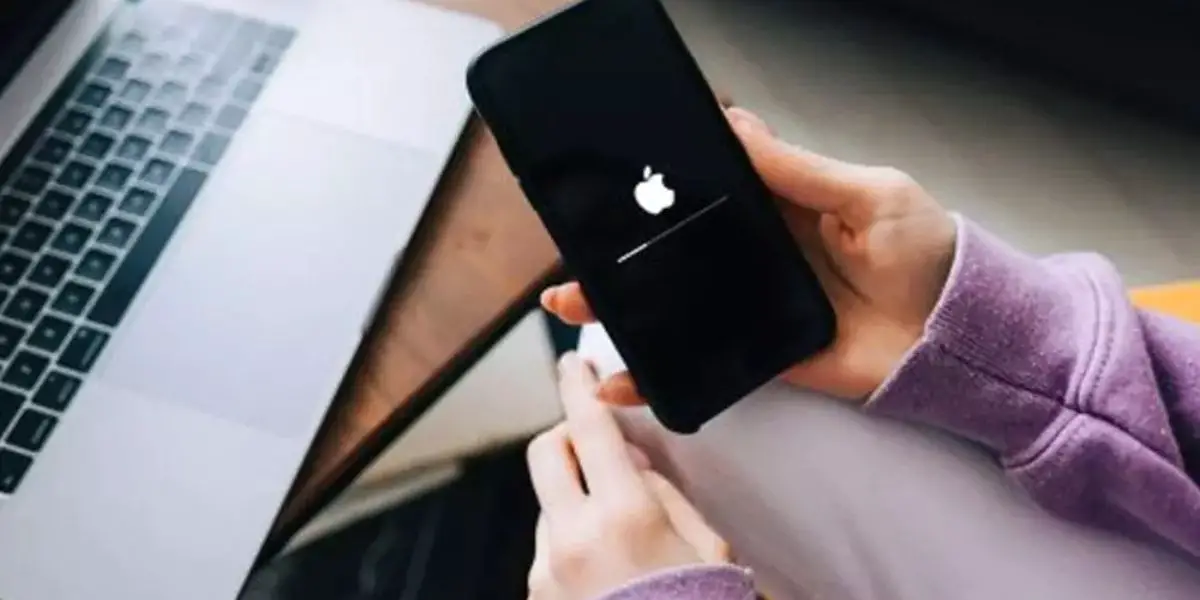A month after Apple’s iPhone 16 series was launched, the smartphone lineup has officially been given the boot in Indonesia. The government has now banned the sale and use of Apple’s latest generation of smartphones and other newly launched products, including the Apple Watch Series 10.
“If there is an iPhone 16 that can operate in Indonesia, that means that I can say, the device is illegal. Do report it to us,” Industry Minister Gumiwang Kartasasmita commented on the matter. “We, the Ministry of Industry, are yet to be able to issue permits for the iPhone 16 because there are still commitments that Apple must realise,” Kartasasmita added. The country currently has the largest economy in Southeast Asia, with a GDP of $1 trillion.
This brings the question: exactly why is the iPhone 16 series being banned, and what “commitments” are being referred to here? For one, it seems that it refers to the tech company’s incomplete investment pledge of 1.71 trillion rupiah (approximately $109 million), which was aimed at enhancing local sourcing and infrastructure within the country.
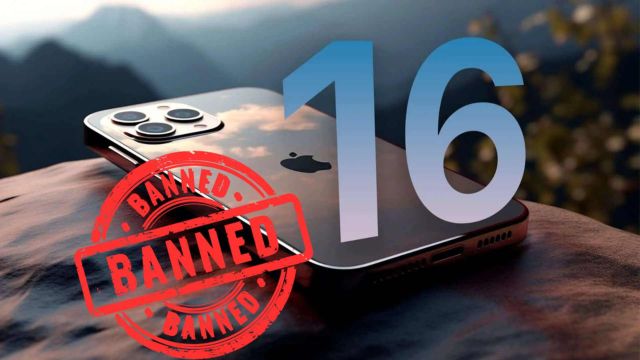
According to reports, the Cupertino-headquartered Apple has, so far, invested only about 1.48 trillion rupiah (around $95 million), which means that there is a shortfall of approximately 230 billion rupiah (roughly $14.75 million).
California Budget Deficit Drastically Cut: Governor Newsom Celebrates Major Financial Win
Due to this gap in investment, the Indonesian Ministry of Industry is unable to issue the necessary International Mobile Equipment Identity (IMEI) certifications that would legally allow the sale of the iPhone 16 and related products in the country.
It does seem that this mandate has come a little late though. So far, nearly 9,000 units of the iPhone 16 have reportedly entered the country, either through travelers or postal services.
For now, however, the iPhone 16 units have been restricted to personal use and cannot be resold, so if you are an international visitor with plans to purchase the new iPhone model, then your plans have gone up in smoke.
Of course, this comes even as Indonesia has implemented stringent regulations since 2020, which require all foreign-purchased mobile phones to be registered with the government and subject to significant taxes.
Currently, as part of its Domestic Component Level (TKDN) certification process, the government enforces a 40% local content requirement.
This means that foreign companies (in this case, Apple) are required to utilize domestic resources, materials, and labor (which translates to driving investments in local infrastructure and setting up research and development facilities in the country, amongst other things).
The tech titan has not established the manufacturing facilities yet. This is unlike Samsung and Xiaomi, which have already established manufacturing operations in the country.

